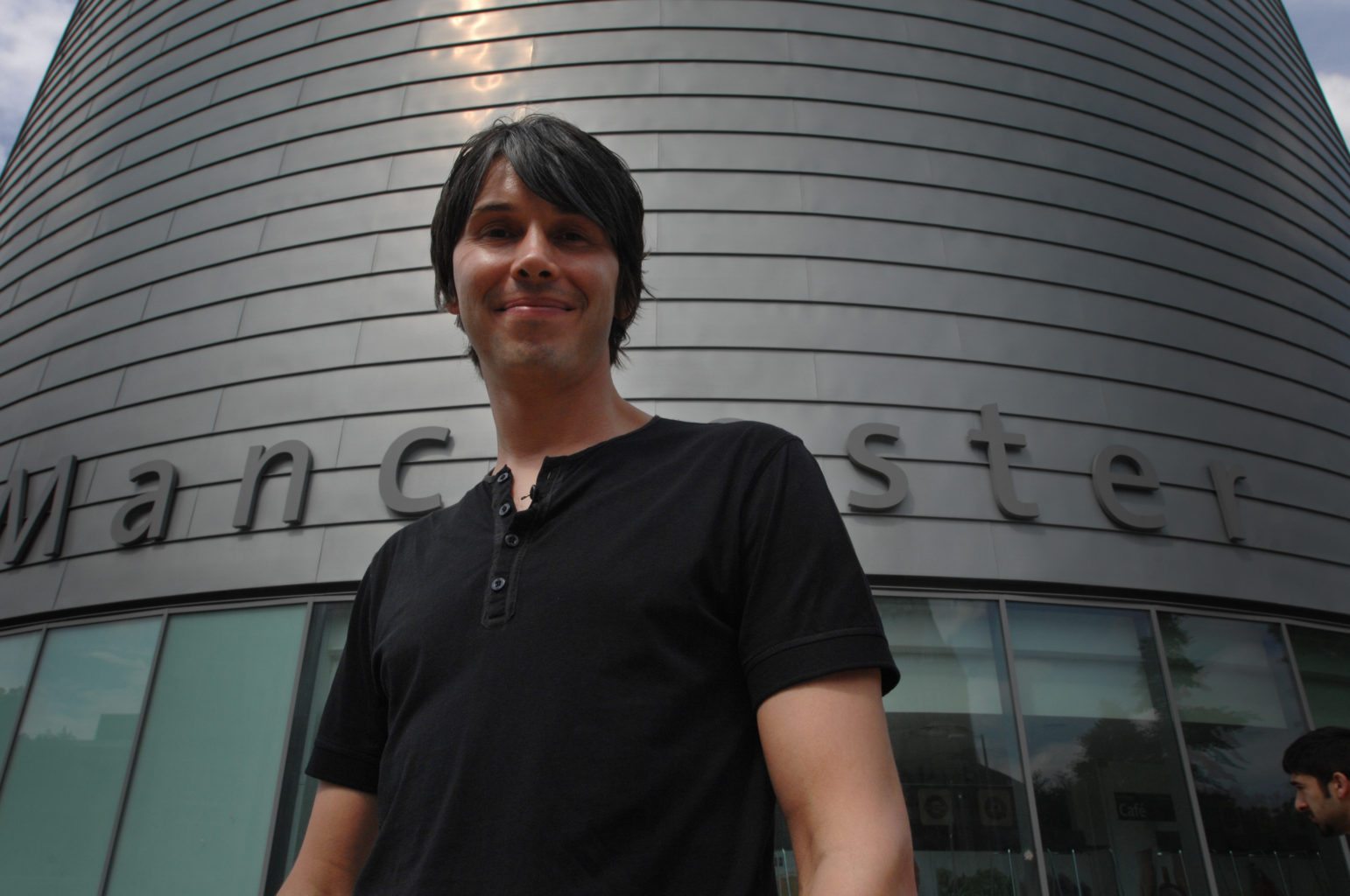Is the rise of popular science doing more harm than good?
Branded as geeks and often portrayed in popular culture as socially inept, scientists have been struggling with their image in society for decades. However in recent years a new perception of academics has emerged due to the rise of ‘Pop Star Scientists’. And no, these are not scientists who have won the X-Factor, they are pioneers of a movement aiming to enthuse and educate the general public about all matters relating to science, and most importantly inspire the next generation. But do these celebrity scientists actually do more harm than good? Do popular science TV shows cover too little science to be correct? Have they actually made a difference to public engagement with science?
Scientists have a lot to thank Professor Brian Cox and Sir David Attenborough for.
Scientists have a lot to thank Professor Brian Cox and Sir David Attenborough for. The two most prominent science broadcasters of the moment have attracted incredible viewing figures for their shows, and brought exposure of the subject to a range of people. Back in late March, Stargazing Live returned with special broadcasts from Australia attracting over 1.5 million viewers- the top rated show of the day on BBC 2. This happened at the same time as an episode of Postman Pat, which included ‘Professor Farrow’ voiced by Professor Cox, aired as part of CBeebies’ Space Week. In 2016 Planet Earth II was crowned the Radio Times Critics 8th best show of the year, and was famously more watched than the X Factor Final, with particular popularity amongst the 16-35 age range.
However, while it can be argued that any coverage of science is a step forward for broadening communications, many believe that the task of making complex topics accessible would require a level of ‘dumbing down’. Professor Cox was criticised for some of his definitions given in a lecture entitled ‘A Night with the Stars’, particularly of his explanation of the Pauli Exclusion Principle. And yes, being factually correct is an important part of any field, but media coverage often acts as the gateway to discovering science at a higher level.
The evidence suggests that what is currently being done is not enough to actually engage the public further than simply watching a TV programme, and more needs to be done to improve and enhance science in the media to reach the children of the digital age.
In 2014, science A-Level entries reached a peak and has since started to fall steadily, culminating in 2016, where only 4.2% of total entries were for Physics. This concerns both scientists and the government alike, with the latter previously stating their commitment to science and have made encouraging more pupils to study science a priority. However, recognition of the problem can only do so much. The evidence suggests that what is currently being done is not enough to actually engage the public further than simply watching a TV programme, and more needs to be done to improve and enhance science in the media to reach the children of the digital age.
The road to popularity is still a long one for scientists, with unsettling political times due to Brexit and the reign of Trump affecting advancements in science. One thing is for certain though- scientists will not go down without a fight. The March for Science is only a few weeks away and is the “first step of a global movement to defend the vital role science plays in our health, safety, economies, and governments”. Given the right guidance and recognition in society, science can become a less elitist topic and enthuse younger ages to pursue it further.

Comments